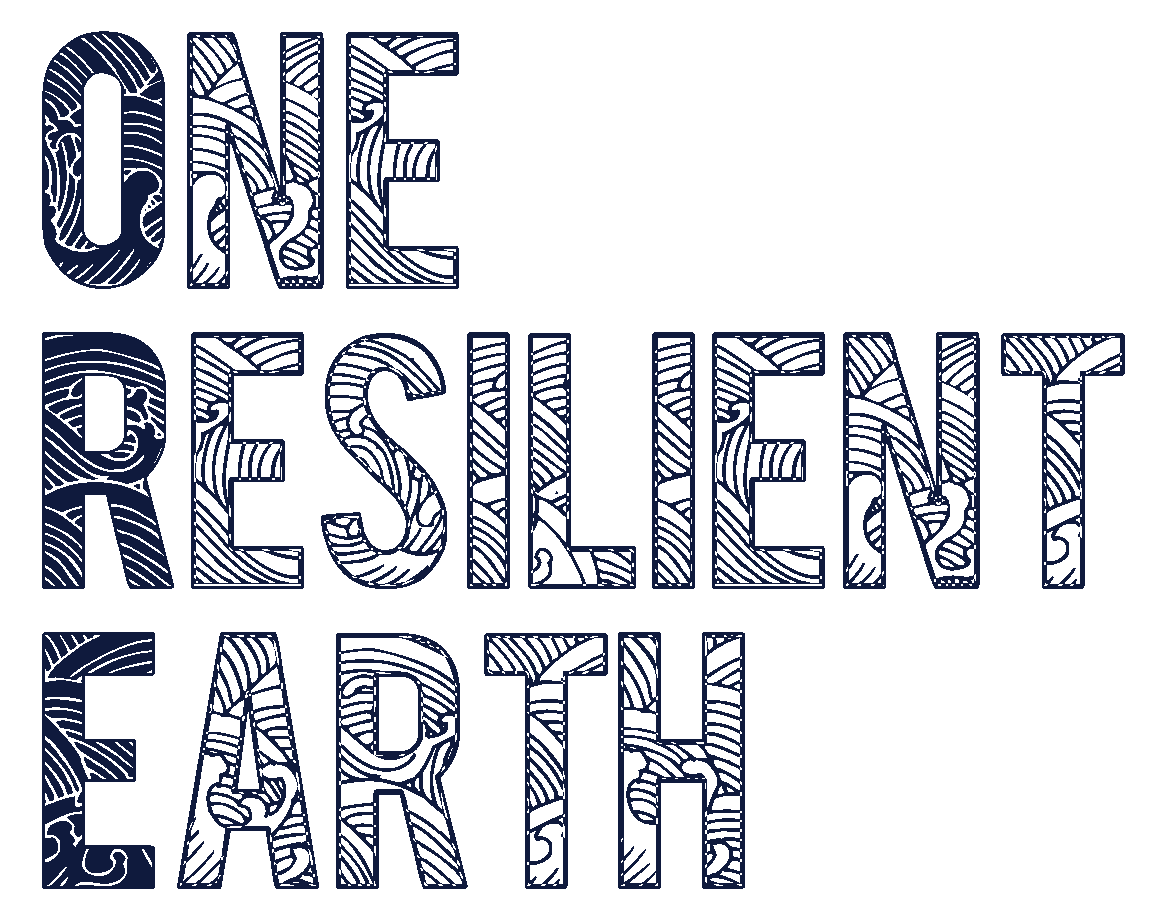The Open Mind Series is a selection of interviews with artists, designers and other ‘creators’ from around the world giving us an insight into how they see the world now and tomorrow. No qualifications required. No taboo. No right or wrong. Just openness. And artworks.
Has theatre helped you cope with the climate crisis? Or has it made it worse for you?
Theatre—as a practice and a community—definitely helps me cope. Theatre helps me make sense of climate chaos and transform my climate grief through connection.
For the past six years, I have been collaboratively re-imagining and performing The Thousand and One Nights at Target Margin, an experimental theater company in Sunset Park, Brooklyn. For six years, the Nights have reminded me that stories make up our lives. If we keep telling stories, we live. If we don’t, we die. For me, storytelling a healing practice that engages the imagination as a form of anti-violence. It’s about survival.
Climate storytelling is literally about survival. It’s my answer to disorientation and loss, my way to hold onto joy and translate inner transformation to the world around me.

What do you hope to leave the audience with?
Questions, always. Answers, never.
I hope to leave audiences with an acute awareness of their individual and collective power. I hope the theatre I make helps people feel alive. I try to invite a physical spectatorship that makes people want to get up and get involved. In order to get there, I think audiences need to be radically welcomed. They need to feel like they belong and have a vital role to play.
I hope my work invites noticing and attention. Attention, for me, is love. In Maria Popova’s most recent Brain Pickings blog, I read: “The quality of our attention measures the quantity of our aliveness—our sole generator of resistance and persistence,” and I thought YES.
I’m also reminded of a line I love in Naomi Shihab Nye’s poem The Traveling Onion: “I could kneel and praise all small forgotten miracles.” I hope my theatre makes people do that.
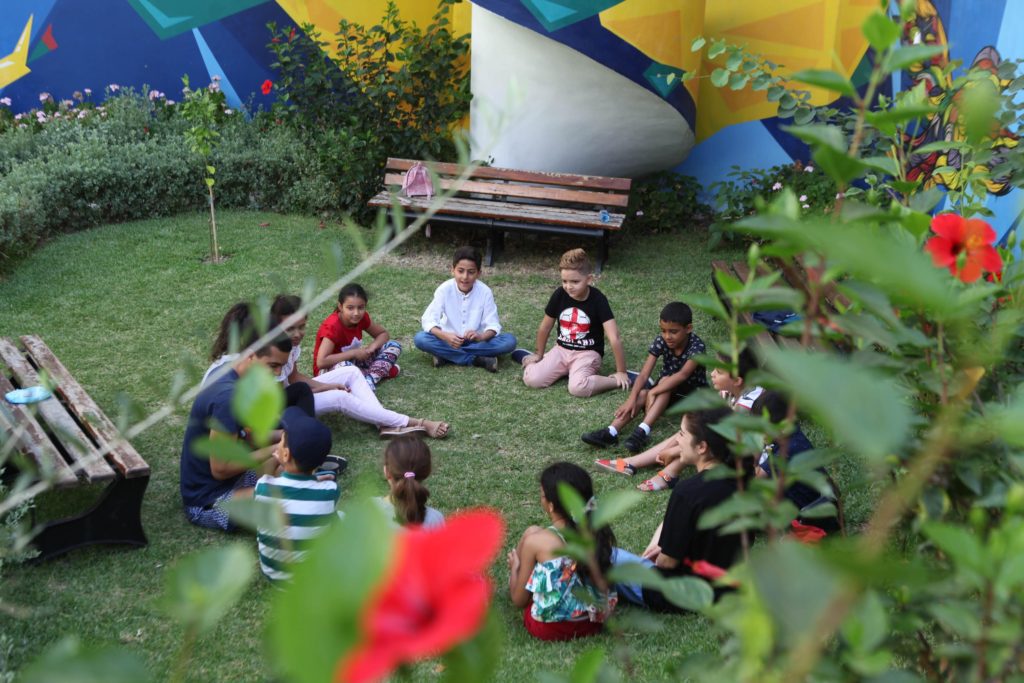
Whom do you wish could see your plays/performances today?
In this moment: My grandparents and policy makers and folx needing to emotionally metabolize the climate crisis.
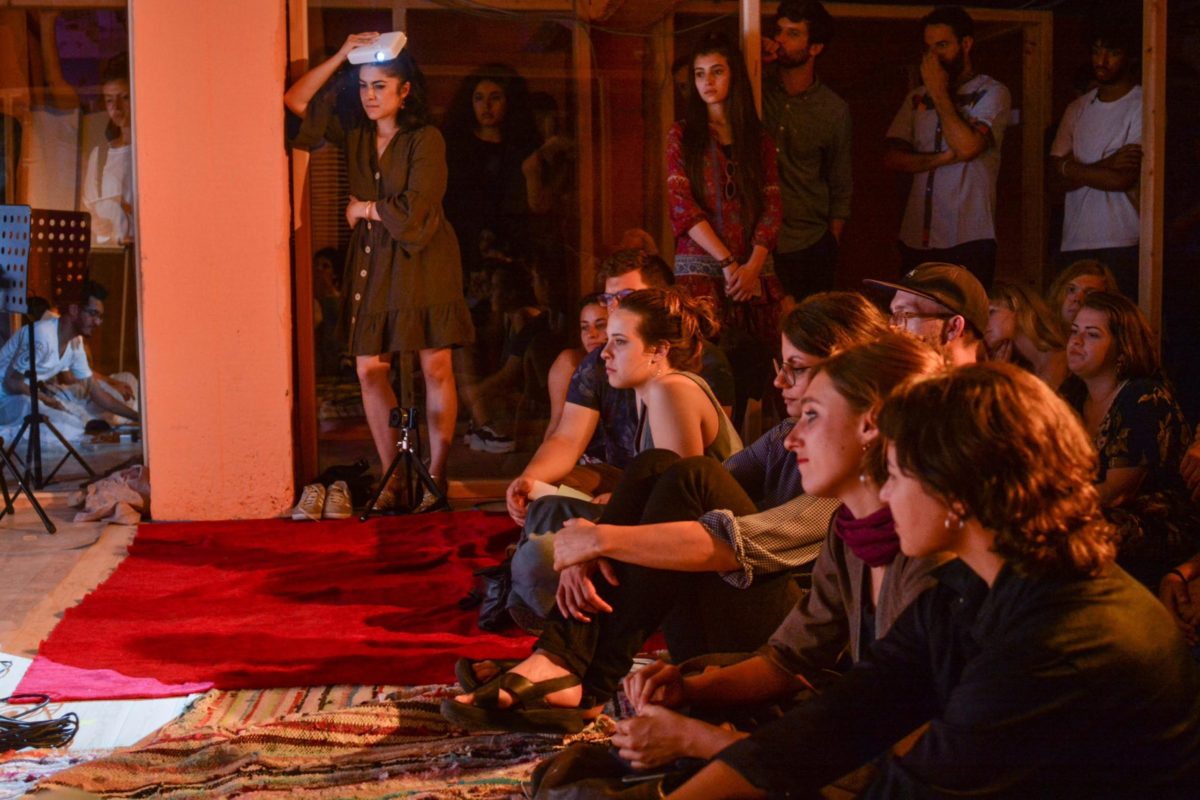
If there was no limit to what you could do, which story would you like to tell? Where would it be staged and with which protagonists?
The story I’m burning to tell in this moment is the story of the American lawn—staged outdoors, on a lawn, with the lawn as protagonist. Lawns are freaky places—so much of US history has played out across this country’s lawn landscapes. I’m working on this project—On The Lawn—with my theatre company LubDub Theatre Co. LubDub is striving to locate overarching global narratives of climate chaos within local and immediate contexts. Rooted in stories from our own backyards, our work reaches outward, cultivating connections between ecosystems of performance and action.
I want to say here too that I think limits are useful. I think no is powerful. A consent and intimacy workshop led by Claire Warden helped me into an awareness of how destructive and fundamentally anti-creative the pressurized, yes-centric approach to theatre-making I grew up with is. I began work as a professional actor when I was just eight. Since then, my experience and training as an actor has, at its core, been about cultivating a practice of (often unconditional) yes—yes to scene partners, directors, playwrights, choreographers, producers, reps, you name it. I was taught that saying no is an end.
Consent work has re-framed no for me as a demand for creativity and collaboration—from a shut door to an open one leading to infinite hallways. Consent training transformed my artistic practice by empowering me to articulate clear and firm physical boundaries as an artist and a person in the world. I am thinking a lot about this in relation to the climate crisis. No helps me consume less, find other ways, approach challenges differently.
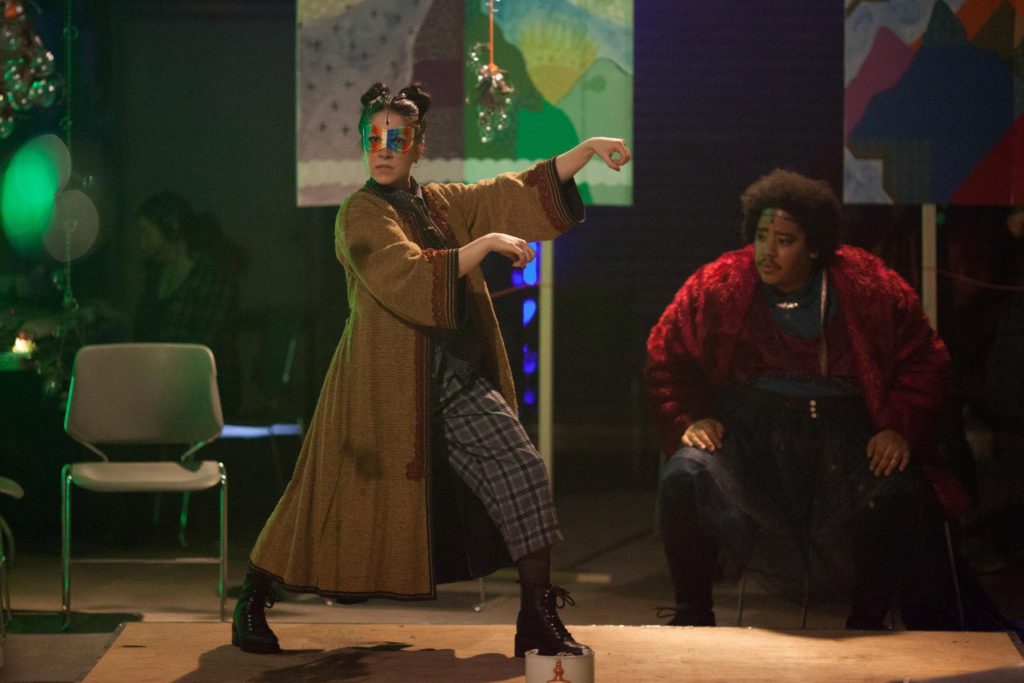
Do you have practices to make your work less wasteful and/or more sustainable?
Speaking of useful limitation! Yes. It helps me to come back to simple but powerful guiding principles like: “Reduce, Reuse, Recycle.”
When I’m working on project budgets, I prioritize paying people for their labor, and I minimize materials cost. I resist building and “more” and “new” as solutions. I think long and hard about where resources are flowing.
Superhero Clubhouse, Groundwater Arts, and The Arctic Circle inspire me; their ecologies of theatre are radically intersectional, collaborative, sustainable, and just. I try to reach outside the arts too to learn from activists, scientists, and others doing the hard work of imagining how to be responsible stewards of the earth within capitalist and colonial contexts. I am learning, every day, from the women, indigenous folx, and people of color I have the privilege of being in community with.
Joy is a key variable in my personal sustainability equation. I can’t carry on amidst the fear and rage I often feel in and around me unless the work is life-giving. I keep Wendell Berry’s words above my desk: “Be joyful though you have considered all the facts.”
What inspires you the most in nature/in this world?
Over the past year, I’ve been able to spend time in a place called Otter Crest, a beautiful stretch of land along the Pacific coast about three hours south of Portland, Oregon. I have woken up earlier than ever before to watch the tide go out and walk the beautiful geography of rocks, observing little tide pools full of sea anemones and snails and purple crabs. It is a place that gives me a feeling of great peace.
I am also forever inspired by my father and mother and the way they care for my childhood home in Massachusetts. We started a compost pile in the backyard last summer, and it is amazing. All those worms churning and turning food scraps and leaves into earth. I mean, it’s miraculous.
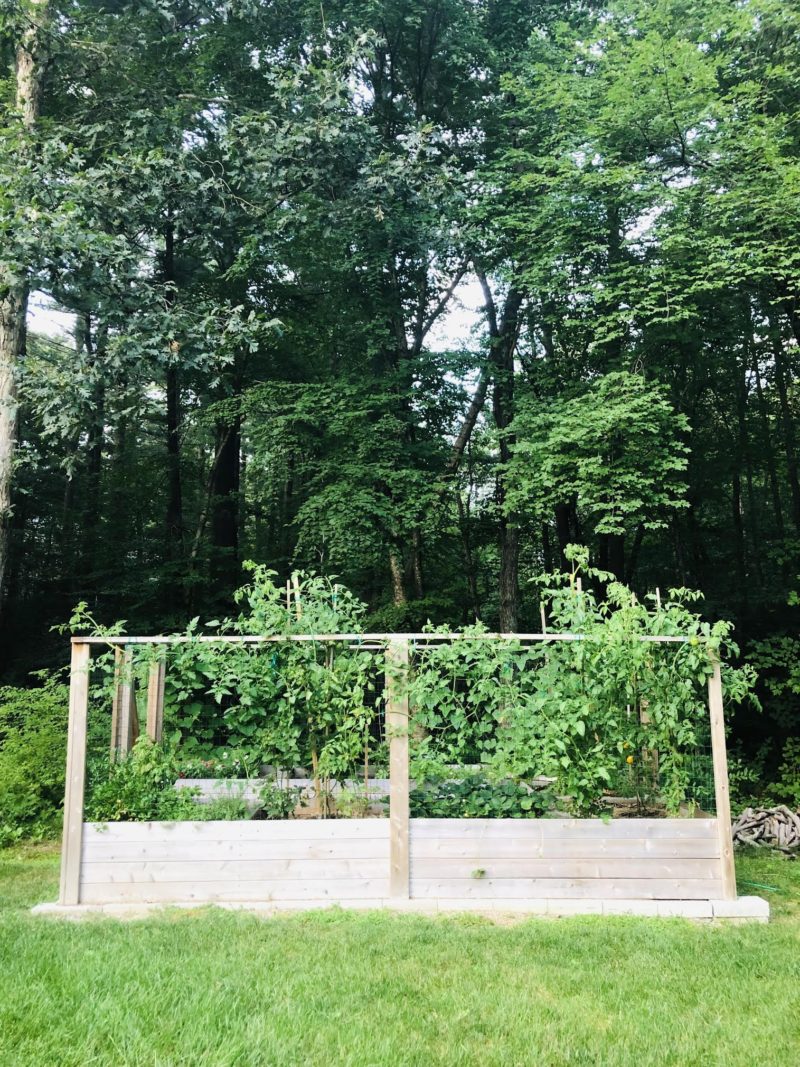
What do you like to celebrate with your community?
Birth, death. Love and loss and lunar eclipses. Things that remind us that we are small and important. Holy days in my Antiochian Church. Getting older. Good relationships that endure. Kindness, gentleness, rigorous pursuit of the stuff we care about. Going for it, against all odds. Jumping when there is no net. Making the work.
Because this is our favourite question, how do you imagine the world in 1000 years?
We trust science; we identify beyond borders; we recognize that we are never outside of nature. Freedom isn’t so much about individual liberty as it is about recognition of our interconnectedness and commitment to one another. I want a world in which we are all thriving—people, more-than-human creatures, plants. In which we define ourselves by what we love, not just by what we are resisting. I want a world in which we celebrate multiplicity and embrace complexity and listen with a real willingness to have our minds changed. In which gentleness is prized. There’s universal healthcare and access to radical education. And dancing. A lot of dancing.
I want a world in which we value and care for our artists. In 1000 years and much, much sooner. I think it’s possible. I think we can get there if we start now.

Caitlin Nasema Cassidy is a theatremaker based in NYC. She serves as Artistic Producer of the Youmein Festival in Morocco and NU-Q Creative Media Festival in Qatar, as well as Founding Co-Artistic Director of NYC-based LubDub Theatre Company. Caitlin was an inaugural Fellow of the Lab for Global Performance and Politics and Edinburgh Institute for International Cultural Affairs. Caitlin has developed new work with The Orchard Project, Page 73, NYTW, Ars Nova, Atlantic Theater Company, Long Wharf, UNESCO World Theatre Conference, and more.
